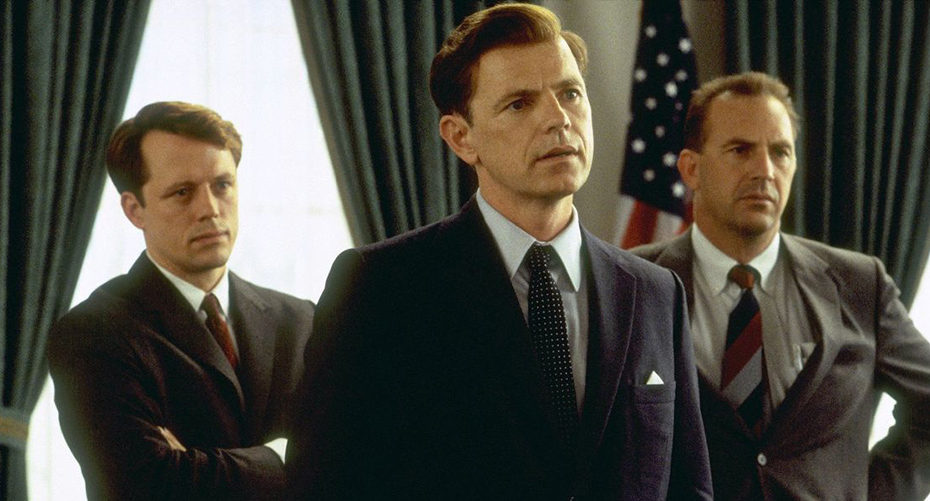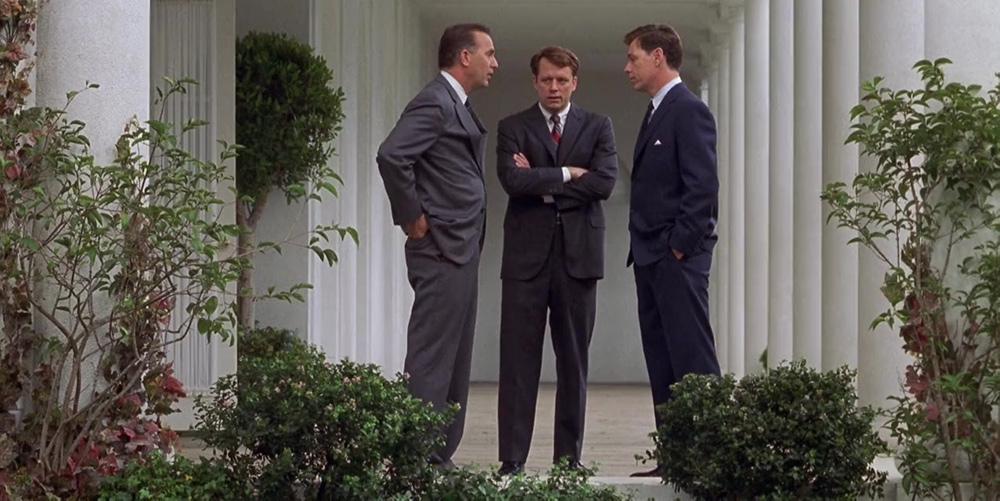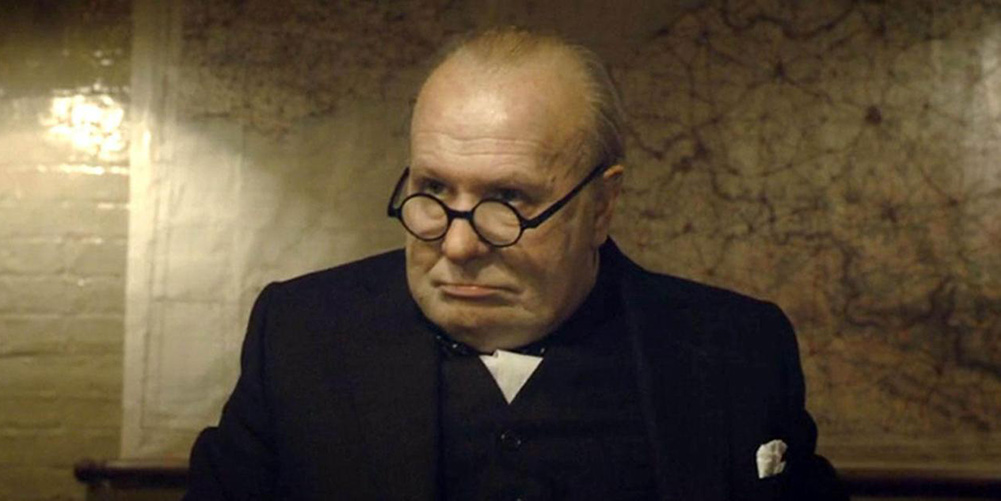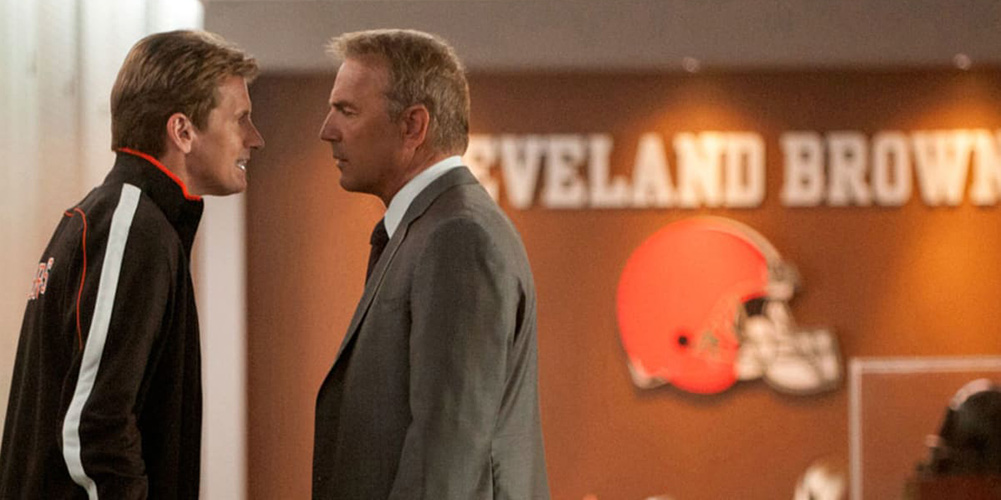Popular culture suggests extroverts are likely to make the best leaders. But according to Susan Cain’s ‘Quiet’, that’s not necessarily so. While extroverts thrive in certain leadership situations, there are many qualities that make introverts great leaders. In fact, introverted leaders can often be found at the top of some of the world’s most successful companies.
So what’s the difference between introverts and extroverts? If you’re an extrovert, you tend to find energy from the external world around you – from being with other people. If you’re an introvert, you tend to find energy from your inner world of thoughts and feelings.
Extroverts work fast, make quick decisions, take risks and are more motivated by rewards like money or status. They tend to be the life and soul of the party. Introverts are more deliberate, have better concentration and prefer to consider issues at their own pace. They may like others’ company, but often find too much stimulation with other people – especially in large groups – quite draining. Everyone is somewhere along the continuum between extrovert and introvert – if you’re not sure which one you are, you can take the quick quiz on Susan’s site.
So what qualities make introverts great leaders?
Persistence and quiet determination
Introverts tend to stay with problems longer than extroverts. Cain identifies Mohandas K Gandhi as an example. While an extrovert may have aimed for a quick and bloody revolution, Gandhi’s campaign of non-violent resistance in India is a long-term strategy. It proves remarkably successful, with the British agreeing to abandon the ‘jewel in its crown’ within a few decades.
Cain also identifies Al Gore as an example of persistence. Gore’s global slide show tour for An Inconvenient Truth epitomises his single-minded and tireless commitment to getting across the message he believes in passionately.
Empowerment
Cain quotes research from Wharton management professor Adam Grant which suggests that introvert leaders are more successful in teams with proactive members. This is because they are more willing to empower and listen to their teams, rather than simply imposing their own beliefs.
Recent reports show that John F Kennedy considered himself an introvert, and you can see evidence of this in the absorbing Thirteen Days. Faced with the impending catastrophe of the Cuban missile crisis, JFK puts great faith in special adviser Kenny O’Donnell and brother Bobby, rather than dictating the way forward himself. Indeed, it’s his ability to explore all possible avenues and question the gung-ho advice of his military advisors that helps to avert disaster.
Another example is maverick teacher John Keating (Robin Williams) in Dead Poets Society. Keating inspires and empowers his students to take responsibility for their own lives and ‘seize the day’, rather than accept their pre-ordained paths. His whole philosophy is designed to bring out his students’ latent abilities.
Trusted confidante
Because they are sensitive to the needs of a group, introverts make good friends and confidantes. You can see that quality in two military leaders: Tom Hanks’s Captain Miller in Saving Private Ryan, and Staff Sergeant Eversmann (Josh Hartnett) in Black Hawk Down. Their team members regularly confide in them, and they are there to listen.
But here also lies a downside for introverted leaders: their nature makes them more likely to dwell on mistakes. Miller is a man struggling with guilt at the growing body count of men under his command, while the newly-promoted Eversmann also struggles to rationalise the death of members of his squad.
Concentration and practice
Introverts are renowned for their ability to stick with a single problem or subject longer than extroverts. It’s a quality espoused by The Karate Kid’s Mr Miyagi, who has protegé Daniel Laruso spending hours painting his fences and polishing his cars. Daniel is indignant – until he realises he has learned the key karate moves in the process.
As an introvert, I’ve often admired extroverts’ natural tendency to think on their feet, make quick decisions and get things done. These are natural leadership qualities. But introverts often excel where extroverts are weak.
Whether introvert or extrovert the key lesson for leaders, perhaps, is to recognise the skills of those around you and use them accordingly.






